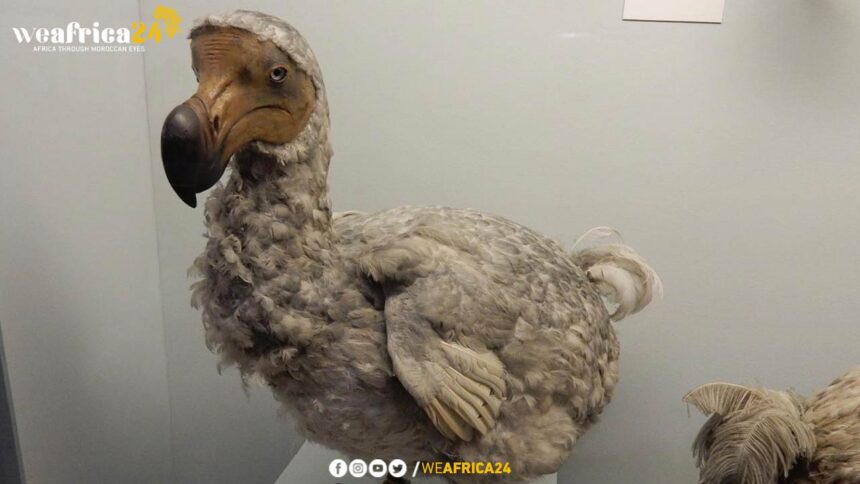An American company, Colossal Biosciences, a leader in genetic restoration, is partnering with a Mauritian NGO in this ambitious project to bring back the dodo genetically. This Mauritian endemic bird had become extinct in the 17th century. The biotech company based in Texas is also working presently on the retrieval of the Tasmanian tiger and that of the woolly mammoth. Scientific missions have already started in Mauritius.
Vikash Tatayah, the director of the Mauritian Wildlife Foundation, does not doubt that the project is symbolic of species resurrection. “Advances in biotechnology are opening up new opportunities for the species,” he says. This NGO, created in 1984 to preserve Mauritius’s wildlife and flora, has signed an agreement with Colossal Biosciences for the resurrection of the dodo.
For Tatayah, the project is much more than just the dodo, but the entire habitat and ecosystem being restored with it. “There’s also potential to use these techniques to save other birds that might face a similar fate.”
The dodo was indigenous to Mauritius and became extinct by the late 17th century during Dutch colonization. The famous picture from 1626 shows that it was quite a big, flightless bird weighing more than 10 kilograms. The first dodo bones were discovered in 1865 at Mare Aux Songes in the south of this island.
New bones have been discovered this year by taxonomic expert Owen Griffiths, co-founder of Dodo History Museum at La Vanille Nature Park. He reckons they can help the work at Colossal Biosciences. “These bones will likely provide more information, potentially leading to new DNA sequences that can complete the dodo’s genome,” he says.
The dodo has become an iconic symbol of human-caused extinction, and its “probable resurrection,” according to Colossal Biosciences, might just set a precedent for new ways of species conservation.







